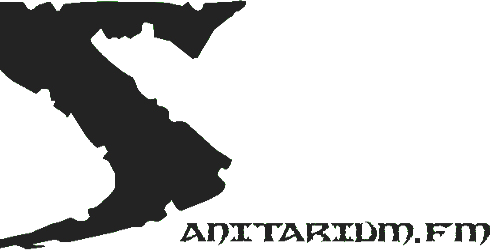10 PRINT "HELLO WORLD!"
20 GOTO 10
RUN
…And with that, HELLO WORLD! covered the screen in an endless loop. It’s easy to overlook the simplicity of BASIC – an acronym of Beginners All-purpose Symbolic Instruction Code, as well as an apt description of what the language aimed to be – but that’s what made it a revolution in computing.
On May 1, 1964 at 4am, the first ever BASIC program was tested and a revolution in computing breathed to life for the first time. Designed at Dartmouth College in New Hampshire, BASIC was a completely new programming language designed to allow people who did not understand, or had no desire to learn the extremely scientific and mathematically-based programming languages that powered computers of the era, a simpler way to do things with their computer. Originally designed to be used for the Dartmouth Time-Sharing System to perform math-based tasks more easily (it’s said the first program was simply PRINT 2 + 2, asking the computer to work out what 2 + 2 was, although this is disputed), the language grew over the next year and became a simple solution to do all kinds of tasks.
While based on languages such as FORTRAN II and ALGOL 60, BASIC’s new approach made it much more straightforward for anyone to make a computer do things. You just wrote a number and an instruction for each thing you wanted the computer to do; and the computer would run down the list in numerical order. The instructions were based on simple English terms – PRINT for example put text on the screen; GOTO 10 would skip or go back to whatever instruction started with the number 10 – and it was possible to ask users questions, set variables and use IF…THEN to perform different things based on different criteria. Dartmouth released its version of BASIC for free for people to modify or build their own systems to use it with; and soon enough a version of BASIC was running on any computer device released even up to several decades following it; and with it a whole new generation of programmers sprung up, some of which even built their own versions of BASIC to add abilities beyond what became known as Dartmouth BASIC had planned.
The legacy of BASIC is simply hard to ignore. Its influence still remains today in programming languages such as Microsoft’s Visual Basic and in software like OpenOffice; while so many more modern languages owe many of their own foibles to standards from way back then – for example, if BASIC didn’t define variables simply by putting $ before a word, would PHP use variables in a similar way many decades later? So now, at the 50th Anniversary of its humble beginnings, lets all raise a glass for BASIC – the programming language that made computers simpler.





